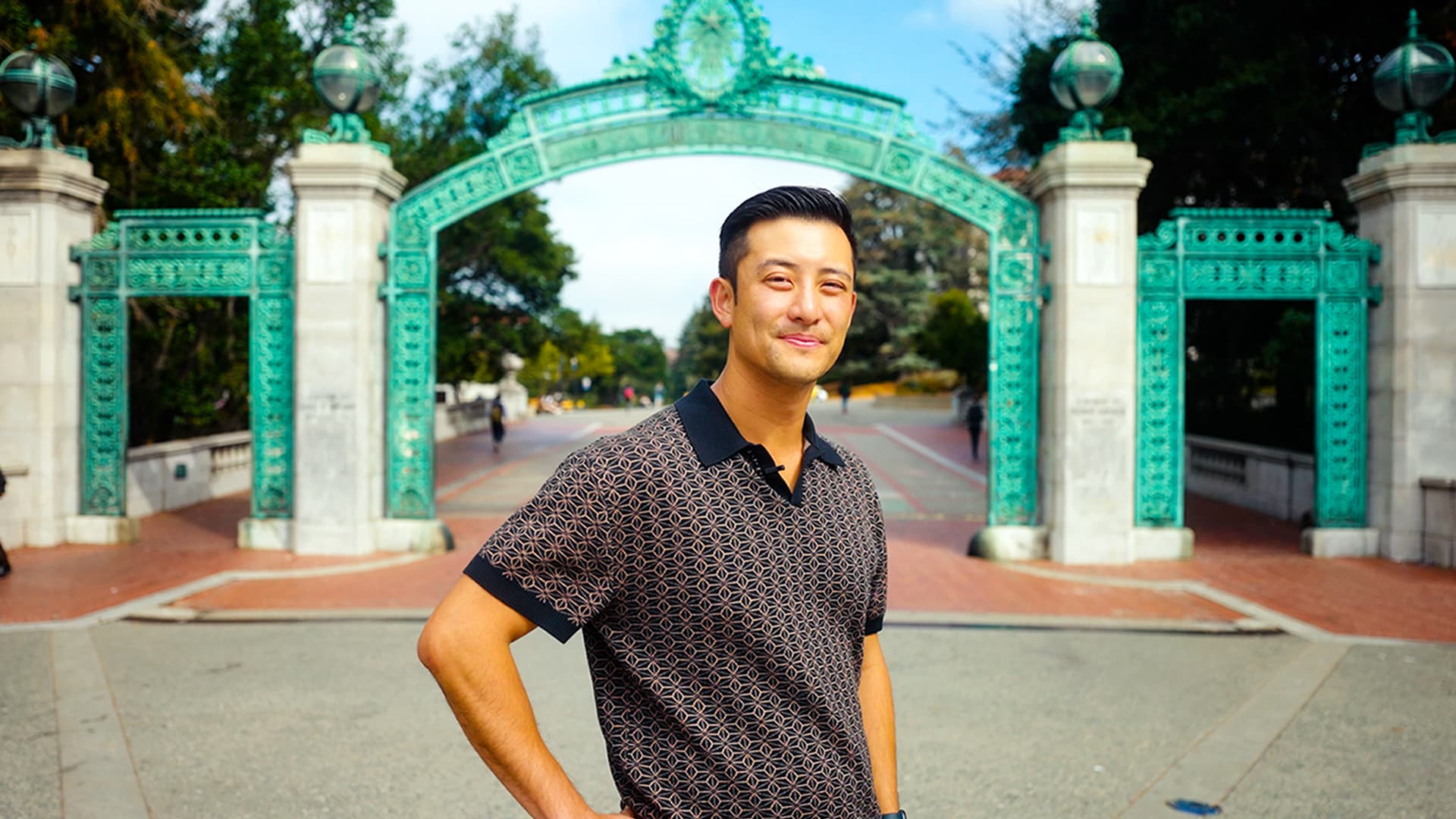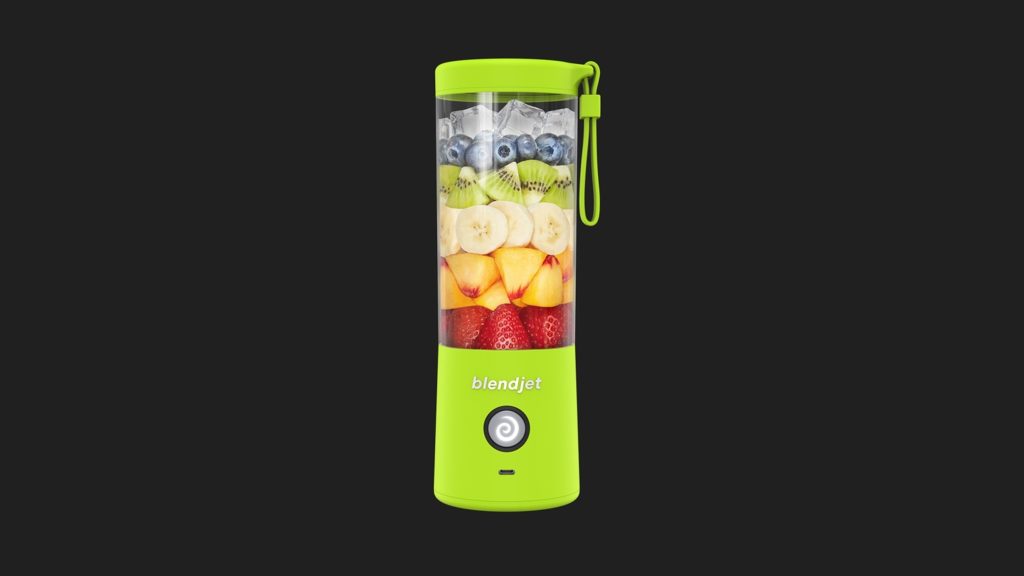In April of this year, a creator called Ghostwriter released the song “Heart On My Sleeve” which used AI generated voices of singers The Weeknd and Drake. It was later submitted for a Grammy award.
Based on how quickly the song went viral online and how convincingly AI was able to mimic two extremely popular entertainers, you may be wondering if the future of music could be filled with more AI artists than human musicians.
But you shouldn’t worry too much about that becoming a reality, says Joel Beckerman, an award-winning television and film composer and co-founder of Made Music Studio.
“There is no way for the foreseeable future that AI will completely replace composers,” he tells CNBC Make It.
And there are a couple of reasons why.
1. People connect with artists’ stories and songs
When it comes to music, people enjoy connecting with the artists’ stories as much as they appreciate the songs themselves, Beckerman says.
Take mega pop star Taylor Swift, for example. She has not only released hundreds of songs over the course of her career but she has also cultivated a community of fans that deeply identify with the themes of love, heartbreak and growth she sings about .
Although an AI tool may be able to replicate Swift’s voice and even produce lyrics that are similar to hers, the AI isn’t capable of drawing from its own past relationships and life experiences for song inspiration the way Swift and other music artists can.
“AI may be able to come up with a really good composition, but the question is whether or not there is some kind of meaningful story that gets told around that,” Beckerman says.
2. It’s difficult to program creativity
Generative AI models use a series of sophisticated algorithms to process vast amounts of training data so that they can then produce new text, video, audio or photo content. That’s how AI chatbots are able to respond to users’ requests.
However, since we have a pretty limited understanding of how humans develop creativity, it would be pretty difficult to make an algorithm that could duplicate that process.
“If we do not have an mathematical understanding, or a scientific understanding of what creates consciousness or creativity, we have no mechanism to instill it in an artificial system,” says Theo Omtzigt, chief technology officer at Lemurian Labs.
AI tools may still disrupt the music industry
Although AI probably won’t completely displace human musicians, that doesn’t mean the technology won’t have an impact on the music industry.
Rather than cranking out chart topping pop songs or Mozart-level orchestral masterpieces, a more likely scenario is that AI tools will be able to create music that is “good enough,” Beckerman says.
For example, this would be music that plays in the background of a minor scene at a bar during a movie or non-descript music that is played at a restaurant to add to the dining experience and set the mood.
“You don’t need great music or wholly original music for that, you just need ‘good enough’ music,” he says.
However, since humans are typically paid to create the music used for those purposes, there’s a chance companies purchasing that type of music may choose to use an AI music generating tool instead.
Beckerman is also concerned that AI music generating tools may make it more difficult for musicians to get started in the industry.
“Nobody is creating great music the first time they create music,” he says. “So the question is, how do people get better and better and better and better if there’s no market for when they first get started?”
That’s why it will continue to be important for musicians to build strong connections with their fan bases who value the uniquely human experiences that inspire their songs.
“There’s a richness to human stories and the connections between audience and artists that cannot be duplicated by AI,” Beckerman says.
DON’T MISS: Want to be smarter and more successful with your money, work & life? Sign up for our new newsletter!
Get CNBC’s free Warren Buffett Guide to Investing, which distills the billionaire’s No. 1 best piece of advice for regular investors, do’s and don’ts, and three key investing principles into a clear and simple guidebook.
CHECK OUT: AI chatbots can ‘hallucinate’ and make things up—why it happens and how to spot it


